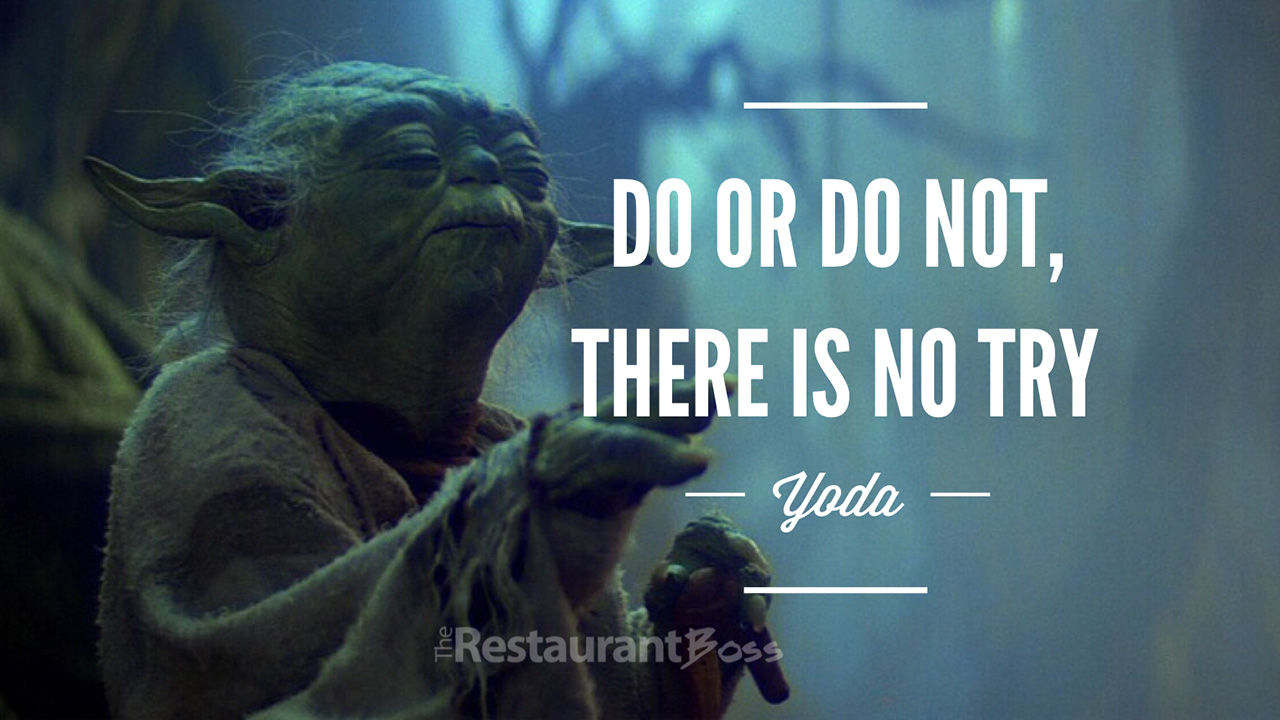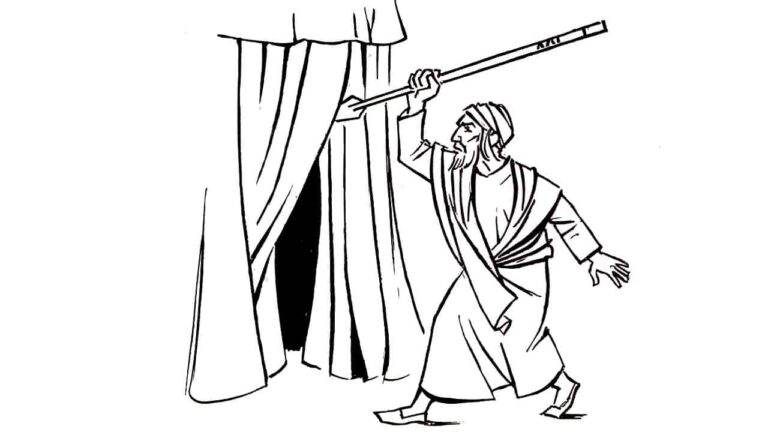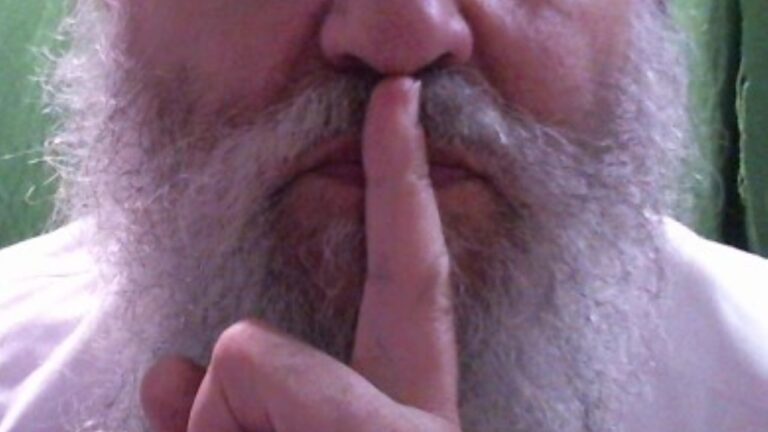Sorry Yoda, There is “Try”
The fictional character Yoda is known for the quote “Try not. Do or do not. There is no try.” In the beginning of this week’s parsha we see examples of two people who disagreed.
The first is Amram, the great-grandson of Jacob, and the grandson of Levi. When Pharaoh decreed that all boys should be drowned in the Nile, he separated from his wife as he did not want to bring another child into the world who would be killed by the Egyptian ruler. His 6-year-old daughter disagreed with her father’s logic, stating that he was worse than Pharaoh: Pharaoh was only going to kill the boys, but her father’s decree even prevented the birth of girls. Amram agreed to the logic and remarried his wife. Pharaoh’s decree was still in place, but Amram decided that he would “try” – he would do his best and leave the rest up to G-d.
And in fact, they had a child, Moses, and they eventually put him in a wicker basket and cast him onto the Nile. He floated by the daughter of Pharaoh as she was bathing in the Nile. She wanted to reach the basket, which was about 50 feet away from her, so she cast out her “amasa“, which our Rabbis translate as “her arm”. She knew it was too far to reach, but still she decided that she would “try”.
G-d wants us to try. What happens next – our success or failure – is not up to us. I can think of times where I do everything right, but I still fail at my task. Or times where I don’t do anything correctly, but still the main task is successful!
G-d wanted Amram and his wife Yocheved to live as a married couple and have children. What would happen to child children was for G-d to decide Himself, and He decided that their next child would lead the Jewish Nation to freedom. Likewise, there was no way for Pharaoh’s daughter to reach the basket, but she tried and G-d took care of the rest and ensured that she got the basket – with the baby Moses inside.
Don’t listen to Yoda. Keep trying and May Hashem be With You!







